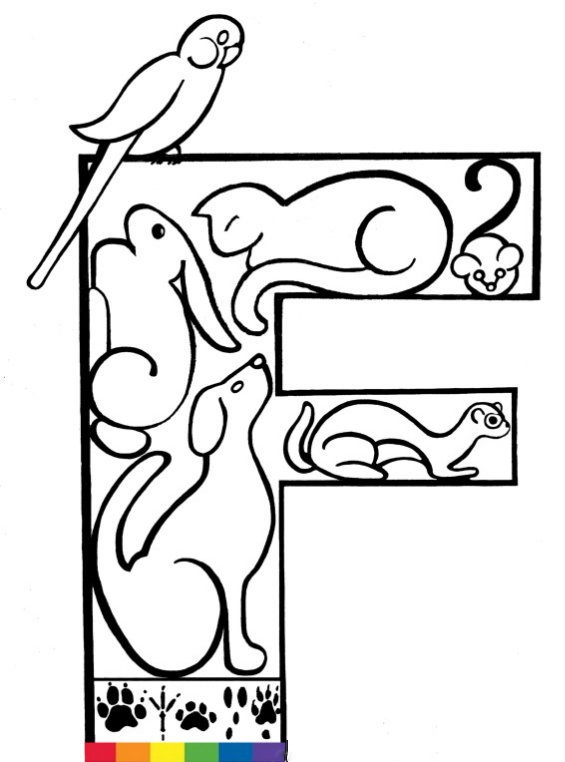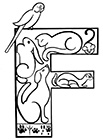Upstate Veterinary Specialties take on Diet-Associated Dilated Cardiomyopathy
• Recent evidence has led the US FDA to announce that diets including legumes, lentils, peas and potatoes as main ingredients may be linked to the development of dilated cardiomyopathy (DCM) in dogs.
• Typically, most of these diets are marketed as “grain-free”.
• This has led to a lot of concern, confusion and frequent questions from our clients, the general public and our referring veterinary community.
• Reports in the past linked taurine deficiency to DCM in specific breeds of dogs such as Golden Retrievers and Cocker Spaniels. Performing whole blood taurine level testing for those breeds was routinely recommended if a diagnosis of DCM was made.
• Lamb based diets were considered potential at-risk diets, specifically for the Golden Retriever.
• With the advent of the grain-free diets, we are now seeing DCM much more commonly in atypical breeds and it seems it is more complicated than simply taurine deficiency.
• There is now a group of dogs that are atypical breeds, have taurine levels that are within normal limits, develop DCM, and then show improvement after a change to a standard diet.
• It is not clear whether this is due to a specific nutritional deficiency or due to a cardiotoxic ingredient that has not yet been discovered.
• Clients who have been feeding these diets, which are expensive and touted as “healthier” than all typical commercial and prescription diets, are some of the most dedicated pet owners.
• To be clear, not all dogs who are fed these diets will develop DCM, there are likely other factors, whether genetic or otherwise, that we have yet to discover or understand.
• Our recommendations have been as follows:
• If we have a dog with confirmed DCM by echocardiography eating a grain free diet or diet with the above main ingredients, we recommend testing for whole blood taurine levels.
• We recommend changing the diet to one with standard ingredients that does not contain peas, legumes, or potatoes as one of the top 5 ingredients.
• We recommend taurine supplementation for all dogs with echocardiographically confirmed DCM and proven taurine deficiency.
• If an owner is interested in a home-made diet, we recommend consultation with a veterinary nutritionist.
• Another supplement that is recommended by some cardiologists is Lcarnitine supplementation, which has benefits for myocardial energy production.
• If a client is feeding one of the diets of concern but their dog does not have echocardiographic evidence of DCM, we are still recommending a diet change, especially if their dog already has another cardiac disease.
• It is not worth the risk to continue feeding the diet when we are still in the infancy of understanding this problem.
• https://www.wsava.org/WSAVA/media/Arpita-and-Emma-editorial/Selecting-theBest-Food-for-your-Pet.pdf If a dog is identified to have a low blood taurine level.
• Guidelines can be found here: https://www.fda.gov/AnimalVeterinary/SafetyHealth/ReportaProblem/ucm182403.htm
• Recent evidence has led the US FDA to announce that diets including legumes, lentils, peas and potatoes as main ingredients may be linked to the development of dilated cardiomyopathy (DCM) in dogs.
• Typically, most of these diets are marketed as “grain-free”.
• This has led to a lot of concern, confusion and frequent questions from our clients, the general public and our referring veterinary community.
• Reports in the past linked taurine deficiency to DCM in specific breeds of dogs such as Golden Retrievers and Cocker Spaniels. Performing whole blood taurine level testing for those breeds was routinely recommended if a diagnosis of DCM was made.
• Lamb based diets were considered potential at-risk diets, specifically for the Golden Retriever.
• With the advent of the grain-free diets, we are now seeing DCM much more commonly in atypical breeds and it seems it is more complicated than simply taurine deficiency.
• There is now a group of dogs that are atypical breeds, have taurine levels that are within normal limits, develop DCM, and then show improvement after a change to a standard diet.
• It is not clear whether this is due to a specific nutritional deficiency or due to a cardiotoxic ingredient that has not yet been discovered.
• Clients who have been feeding these diets, which are expensive and touted as “healthier” than all typical commercial and prescription diets, are some of the most dedicated pet owners.
• To be clear, not all dogs who are fed these diets will develop DCM, there are likely other factors, whether genetic or otherwise, that we have yet to discover or understand.
• Our recommendations have been as follows:
• If we have a dog with confirmed DCM by echocardiography eating a grain free diet or diet with the above main ingredients, we recommend testing for whole blood taurine levels.
• We recommend changing the diet to one with standard ingredients that does not contain peas, legumes, or potatoes as one of the top 5 ingredients.
• We recommend taurine supplementation for all dogs with echocardiographically confirmed DCM and proven taurine deficiency.
• If an owner is interested in a home-made diet, we recommend consultation with a veterinary nutritionist.
• Another supplement that is recommended by some cardiologists is Lcarnitine supplementation, which has benefits for myocardial energy production.
• If a client is feeding one of the diets of concern but their dog does not have echocardiographic evidence of DCM, we are still recommending a diet change, especially if their dog already has another cardiac disease.
• It is not worth the risk to continue feeding the diet when we are still in the infancy of understanding this problem.
• https://www.wsava.org/WSAVA/media/Arpita-and-Emma-editorial/Selecting-theBest-Food-for-your-Pet.pdf If a dog is identified to have a low blood taurine level.
• Guidelines can be found here: https://www.fda.gov/AnimalVeterinary/SafetyHealth/ReportaProblem/ucm182403.htm

